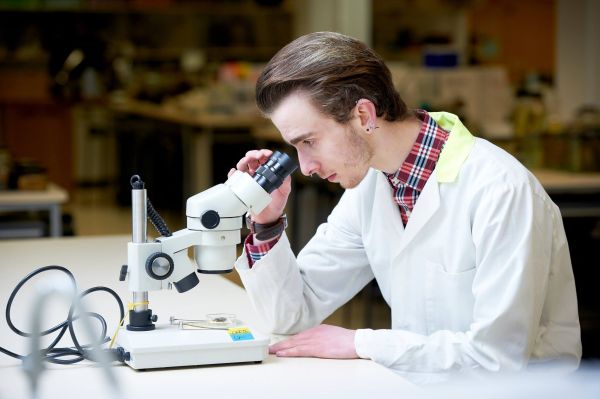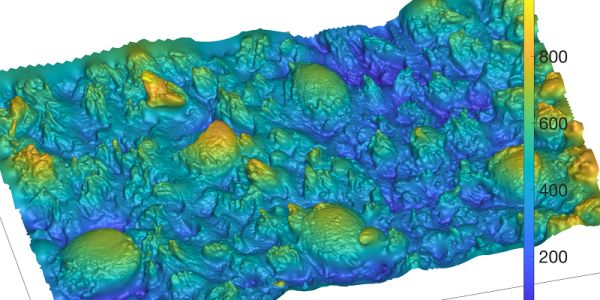
Prestigious Fellowship award for leading academic
One of the leading figures at Leeds University Business School (LUBS) has been made a Fellow of the Academy of Social Sciences.

One of the leading figures at Leeds University Business School (LUBS) has been made a Fellow of the Academy of Social Sciences.

According to a new study, including paleoclimate data in the development of climate models could help scientists predict scenarios for future climate and propose strategies for mitigation.

An outline £10 million co-investment agreement has been signed by the University of Leeds and the companies involved in the power supply upgrade of the East Coast Main Line.

Bonfire Night celebrations contaminate our air with hugely elevated amounts of soot, scientists have discovered.

The power of research at the University of Leeds in supporting the important work of Leeds City Council has been highlighted, thanks to a new report.

Care leavers may need extra support when accessing university and during their time studying. Leeds offers a wide range of help, from bursaries to bedding.

Drugs prescribed to high-risk stroke patients are costing the NHS hundreds of millions each year – but they are so effective, the service is actually saving money.

Scientists have created synthetic soft surfaces with tongue-like textures for the first time using 3D printing.

Gold nanotubes – tiny hollow cylinders one thousandth the width of a human hair – could be used to treat mesothelioma, a type of cancer caused by exposure to asbestos fibres, say researchers.

Schools are being urged to support a study to help determine the effect of the national lockdown on children’s learning.